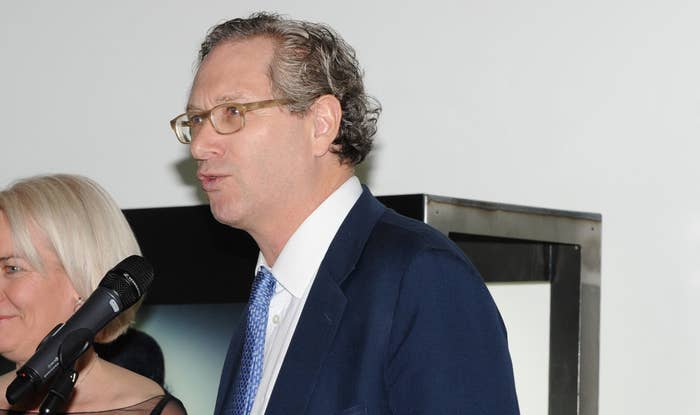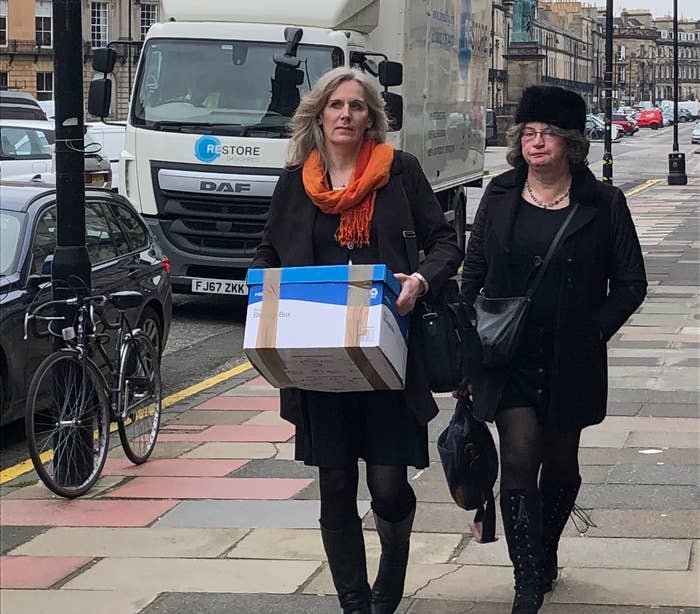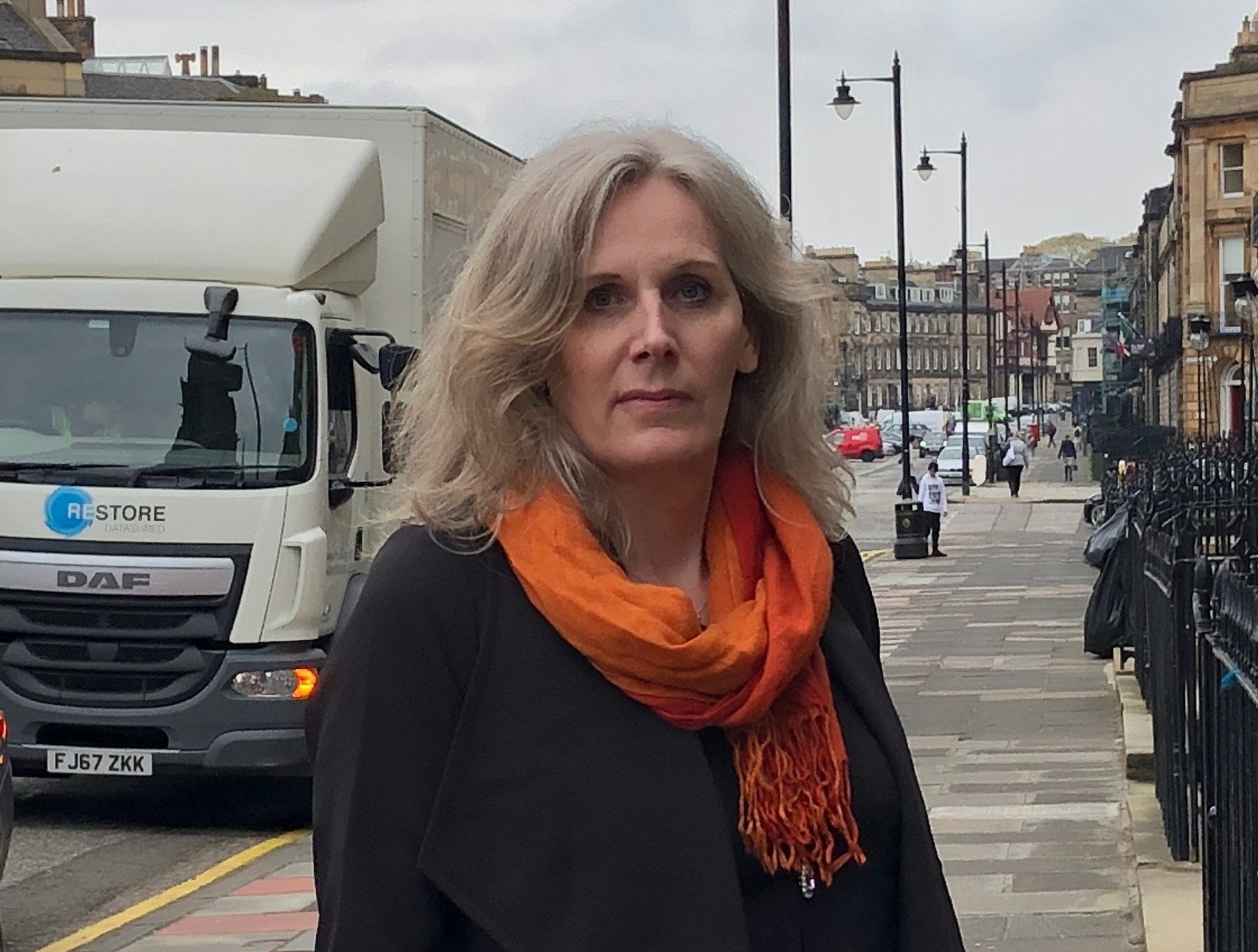
The editor of The Times has denied running a transphobic newspaper and defended the paper’s reporting on trans issues, during an employment tribunal in Edinburgh brought by a former employee who alleges transphobic discrimination.
John Witherow, who has edited the paper since 2013, said: “There is not any trans bias in The Times,” amid cross-examination in which dozens of articles were presented as evidence to the contrary. But he admitted he could not be sure of some of the facts contained within his paper’s trans coverage.
The allegation of one-sided coverage hostile to trans people forms part of a case brought by Katherine O’Donnell, a former night editor at the Scottish edition of the paper. She accuses The Times, her employer for 14 years until 2018, of unfairly making her redundant, blocking pay-rises and promotions, victimising and bullying her, all on her account of her gender identity.
O'Donnell is arguing that the paper’s output, as well as its alleged treatment of her, contributes to a transphobic culture in which to work. If she succeeds in her claim, all UK news organisations could have to consider how they report on trans people and all minorities protected by the Equality Act 2010.
Robin White, the barrister representing O’Donnell, put to Witherow that under his editorship the world-renowned paper had not adhered to the principles of fair reporting about gender identity, as set out in the code of conduct for editors.
But Witherow defended an article by columnist Janice Turner headlined “Children sacrificed to appease trans lobby” by saying: “I think it backs up what she is saying.”

When asked by White, however, about a column by Giles Coren in which an apparent joke was made about people being “somewhere in between” men and women, Witherow replied: “It’s not a very good joke and it probably shouldn’t have stayed in, but some things slip through.”
And when questioned about a story based on a comment on the Mumsnet website about trans people on sleeper trains – made, said White, by someone who had not used such compartments, Witherow conceded: “If I had seen it, I would have spiked it. It doesn’t seem like much of a story.”
Overhall, however, Witherow rebutted the suggestion that there was a consistently prejudiced stance against trans issues in the paper. “There is quite a lot of stories picked out, over a couple of years, but we publish about 60,000 stories a year. Not all are outstanding pieces of journalism but most are. We take great care in getting things right.”
He added that the paper was "doing its best to cover what is a very acrimonious debate as best we can. There have been some aberrations I acknowledge but I think that is inevitable when producing so much copy at short notice.”
He argued that some of the articles cited by White were comment pieces, and therefore a matter of opinion. He also said he was unaware that an article in which Soham murderer Ian Huntley was alleged to be transgender was false.

The tribunal has heard that O’Donnell wrote to senior executives at the newspaper several times during her employment at The Times — including to Witherow and the News UK chief executive, Rebekah Brooks — conveying her concerns about the standard of reporting on trans issues, criticising the evidence used to support those reports.
The tribunal, which is expected to last six weeks, has heard allegations about the Times coverage from a range of witnesses, including former members of staff. They gave evidence in person and in witness statements about how concerned they had become at the hostile approach the paper under Witherow had taken to trans issues, and also at the refusal to report on abuse faced by trans people.
Witherow denied any such slant, telling the tribunal that the paper had invited the “trans lobby” to write for it, an offer that had not been taken up.
When approached by BuzzFeed News at the beginning of the case, a spokesperson for The Times said it was “rigorously defending its case that the redundancy was not a matter of discrimination” and that “we cannot comment further at this time”.
The case continues.
